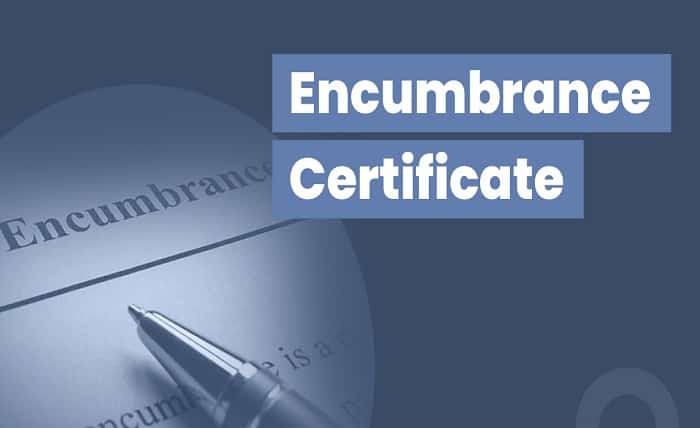Encumbrance Certificate: A Comprehensive Guide to This Important Legal Document

Introduction
An encumbrance certificate (EC) is a legal document that certifies that a property is free from any financial or legal burdens. These burdens can include mortgages, liens, judgments, and easements. ECs are important because they protect buyers from purchasing a property that is encumbered with debt or other legal obligations.
What is an Encumbrance Certificate?
An encumbrance certificate is a document issued by the sub-registrar’s office in the district where the property is located. It contains information about the property, including its ownership details, any encumbrances on the property, and the history of ownership transfers.
Why is an Encumbrance Certificate Important?
An encumbrance certificate is important for a number of reasons. First, it protects buyers from purchasing a property that is encumbered with debt or other legal obligations. Second, it can be used to verify the ownership of a property. Third, it can be used to obtain a loan against the property.
How to Obtain an Encumbrance Certificate
To obtain an encumbrance certificate, you can visit the sub-registrar’s office in the district where the property is located. You will need to fill out an application form and pay a nominal fee. The sub-registrar’s office will then issue you an encumbrance certificate.
How to Interpret an Encumbrance Certificate
An encumbrance certificate typically contains the following information:
- Property details: This includes the property address, survey number, and ownership details.
- Encumbrances: This section lists any encumbrances on the property, such as mortgages, liens, judgments, and easements.
- History of ownership transfers: This section lists the history of ownership transfers of the property.
If the encumbrance certificate lists any encumbrances, it is important to understand what they are and how they will affect you if you purchase the property. For example, if the property is encumbered with a mortgage, you will need to be prepared to make monthly mortgage payments.
Benefits of Obtaining an Encumbrance Certificate
There are a number of benefits to obtaining an encumbrance certificate, including:
- It protects you from purchasing a property that is encumbered with debt or other legal obligations.
- It can be used to verify the ownership of a property.
- It can be used to obtain a loan against the property.
- It can help you to avoid disputes with the seller of the property in the future.
Conclusion
An encumbrance certificate is an important legal document that can protect you from a number of risks when purchasing a property. It is important to obtain an encumbrance certificate for any property that you are considering purchasing.
Frequently Asked Questions
Q: What is the difference between an encumbrance certificate and a title deed?
A: An encumbrance certificate is a document that certifies that a property is free from any financial or legal burdens. A title deed is a document that proves the ownership of a property.
Q: Who should obtain an encumbrance certificate?
A: Anyone who is considering purchasing a property should obtain an encumbrance certificate. This includes buyers of residential properties, commercial properties, and agricultural land.
Q: Where can I obtain an encumbrance certificate?
A: You can obtain an encumbrance certificate from the sub-registrar’s office in the district where the property is located.
Q: How much does an encumbrance certificate cost?
A: The cost of an encumbrance certificate varies from state to state. However, it is typically a nominal fee.
Q: How long does it take to obtain an encumbrance certificate?
A: It typically takes a few days to obtain an encumbrance certificate. However, the processing time may vary depending on the workload of the sub-registrar’s office.
Q: What should I do if an encumbrance certificate lists encumbrances?
A: If an encumbrance certificate lists encumbrances, it is important to understand what they are and how they will affect you if you purchase the property. You should also consult with a lawyer to get advice on how to proceed.




